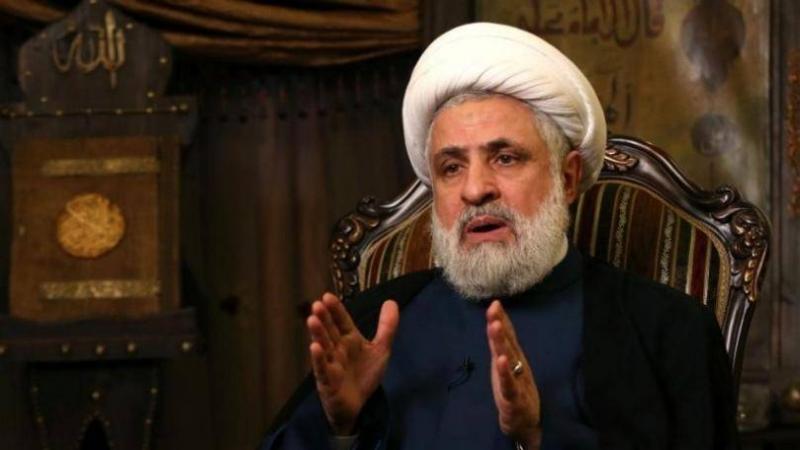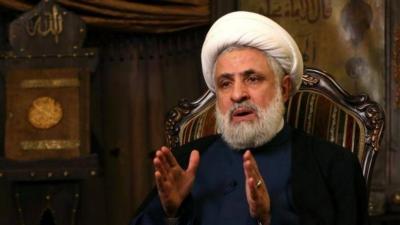The Deputy Secretary-General of "Hezbollah," Sheikh Naim Qassem, stated at the "Zainabiyah Cloak" ceremony in Beirut: "We have repeatedly said that we are in favor of electing a president as soon as possible, but this election requires consensus with a number of parliamentary blocs and deputies for a president to be elected, as the election requires a quorum to take place. We alone cannot secure the quorum, just as others cannot do so independently. Therefore, we are not the only ones electing the president; we are doing so in conjunction with other parliamentary blocs and our partners in the Parliament. Yes, Hezbollah is a significant bloc with influential alliances, but broader understandings are necessary to secure the election of a president. When they throw the responsibility on us and accuse us of obstructing the presidency, we ask them: can we bring a president on our own?"
He added: "They place the responsibility on us to cover their failure to impose a provocative president who is unsuitable for managing the country. We are clear; we want a president with specific qualifications for the benefit of Lebanon, who carries two essential concerns: the first is to save the country economically, and the second is to be capable of engaging in dialogue with all parties to gather them to discuss contentious and future issues, with political contentious matters being subject to dialogue. Among these issues is the 'defensive strategy,' which should not take precedence over rescue. Those who prioritize the defensive strategy over rescue, and who put resistance before rescue, aim to disrupt the country and exert pressure at the expense of the people's hunger to achieve external political goals. We will not accept this, and we will not agree to a president who causes strife, cannot lead the country towards salvation, does not appreciate the grace of liberation and the blood of martyrs, and serves the American-Israeli agenda."
He continued: "Say whatever you want about us, but we will not surrender Lebanon to foreign interests, no matter how hard you try. We call for dialogue to align viewpoints and establish grounds for agreement for Lebanon, and if they do not want to engage in dialogue, that is their concern. We tell them that you do not want dialogue because you fear it. Your arguments are weak, and your ability does not enable you to impose your projects. As for us, we engage in dialogue openly and privately, each according to their desires and preferences, and we have a wide range of alliances and relations while others are in a difficult position."
He concluded: "Regarding the Israeli entity, we note that despite seventy years having passed since its declaration of a state on part of Palestine, the resistance today is stronger, tougher, and broader across all Palestinian territories, as if we are today proclaiming the Israeli entity, while there is a people that rejects this entity. All the years they have spent in oppression, killing, criminality, and normalization, and all their actions have failed to erase Palestine from the hearts of the children and the struggling Palestinian people. Therefore, we observed during the World Cup that no one among the Arab peoples and some other nations agreed to interview Israeli reporters, because such an interview carries the implication of normalization. This indicates that the normalization of regimes does not succeed in extending to normalization with the people; the peoples are with Palestine. Listen to what a reporter from Yedioth Ahronoth stated; he said that we were surprised at the Qatar World Cup that there is no such thing as Israel, but everything is called Palestine. This is a very great achievement that shows the deep-rootedness of resistance in the souls and its significant impacts, and its victories are progressing and crystallizing, providing us with great hope for victory in the future."




